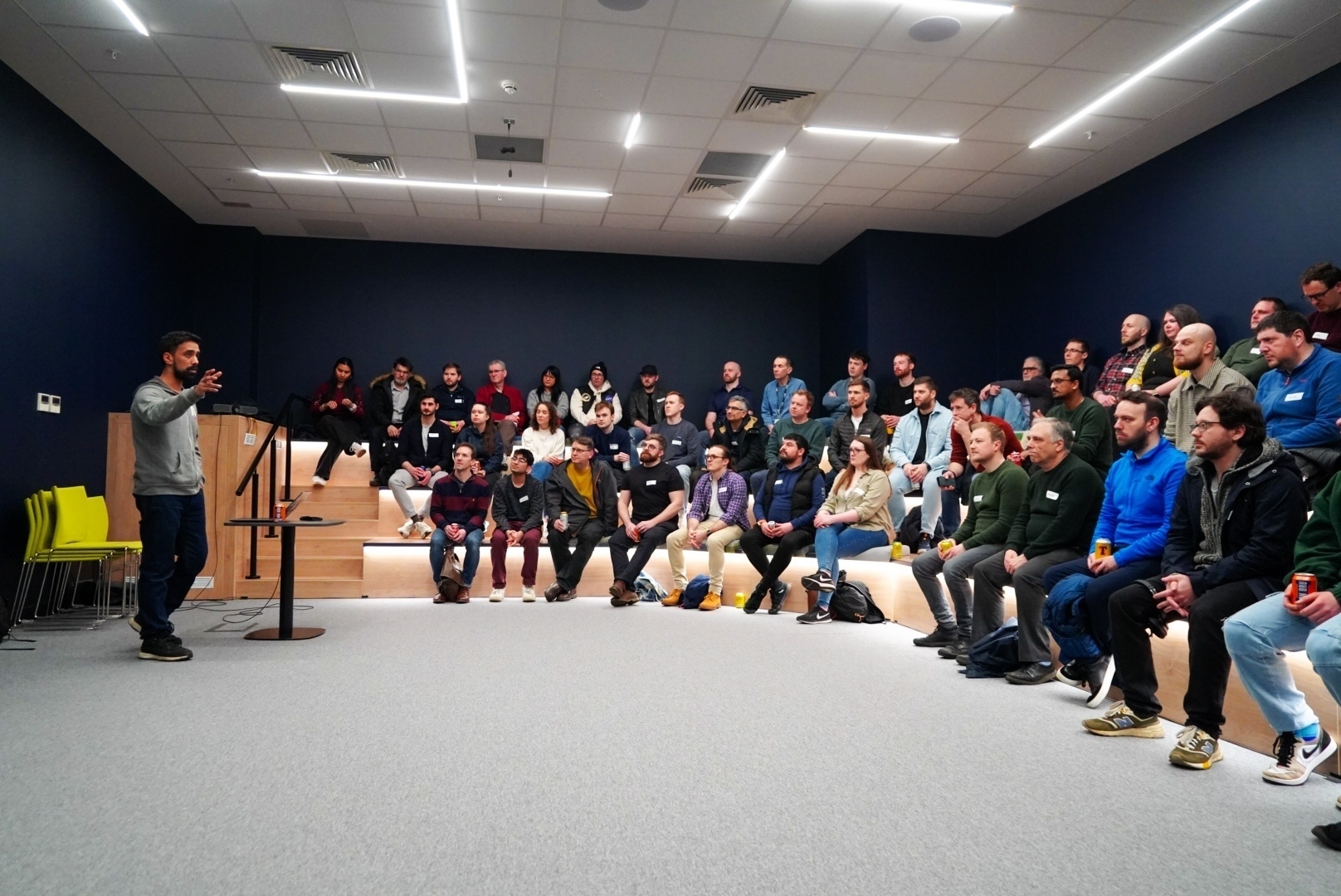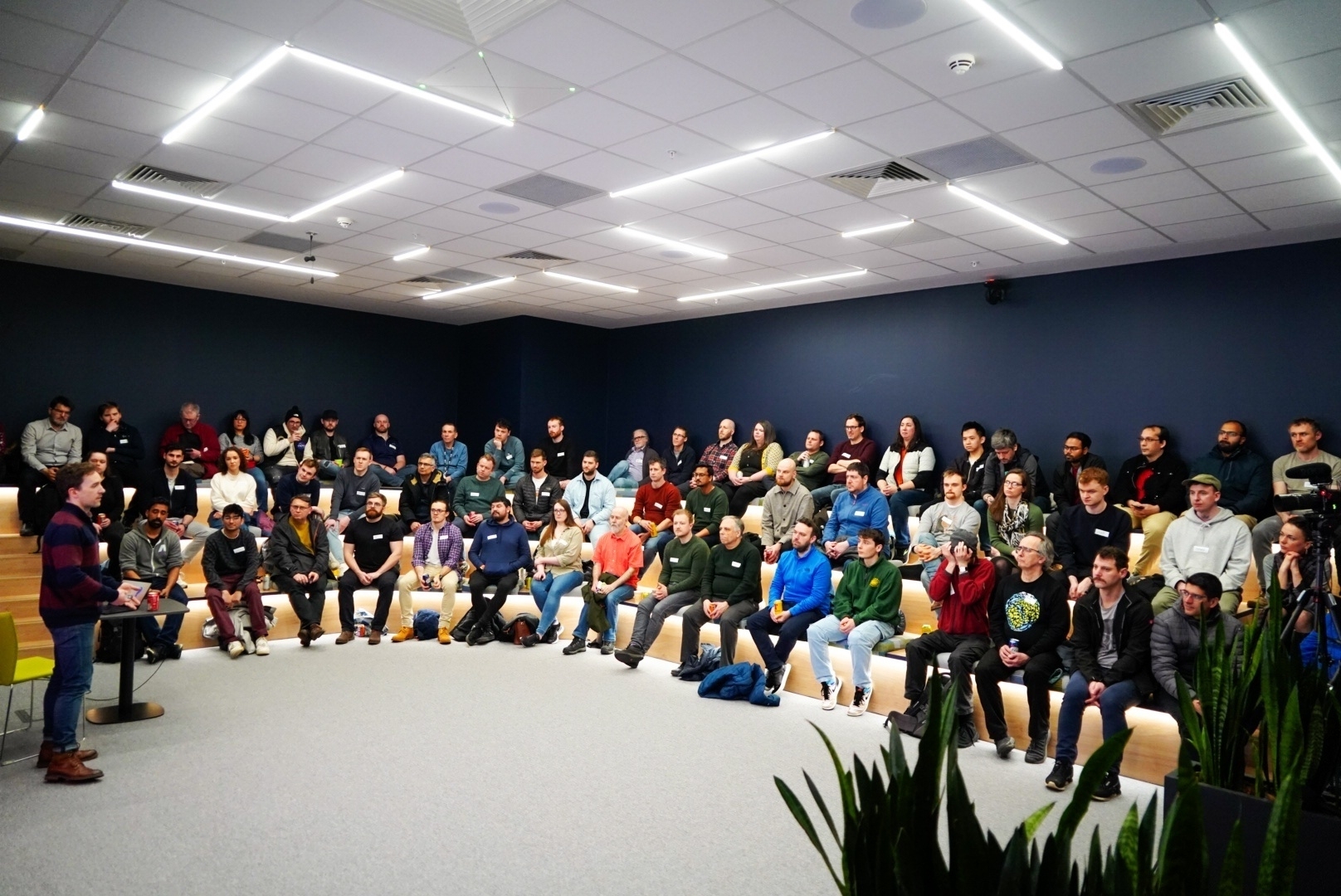-
Anthropic suggests how AI coding impacts developer learning. Takeaway: use AI to learn as you go; favour inquiry over generation. Exercise your brain!
In an AI-augmented workplace, productivity gains matter, but so does the long-term development of the expertise those gains depend on.
-
🔗 The Hidden Risk of AI Compute, Dave Friedman
Once you view compute as risk, the strategic map changes. The service-first instinct is: “We’ll abstract this away for users, eat the risk ourselves, and charge a margin.” So you get GPU Airbnbs, fancy schedulers, nicer dashboards. Useful, but fundamentally linear. You have a better middleman in a broken market. The market-first instinct, on the other hand, is: “We’ll surface the risk, standardize it, and make it tradable. Our moat is the market structure, not the interface.”
-
Reading A Cumulative Culture Theory for Developer Problem-Solving, C. Hicks:
We hypothesize that understanding how collective solutions are shared between developers, and keeping such transmission functional, may prove a more powerful explanatory factor in technology innovation than any individual cognition or performance variance among developers. It is also likely more accessible to those who wish to intervene on and increase technical innovation. While interventions attempting to improve working memory have often proven impractical, unethical, or unlikely to succeed, interventions attempting to improve cycles of adaptive response between individual-and-social systems, incorporating improvements to the psychological context that promotes social sharing and teaching, have emerged as intervention targets which associate with lasting objective outcomes in achievement and performance (see Walton, 2014; Hicks, 2024; Lichand et al., 2024).
Culture creates innovation.
Another important aspect of cumulative culture is that it helps individuals both learn from and imitate processes of creativity. For instance, developers’ participation in interest-driven technical communities which share niche, unusual, or obscure solutions may bolster developer problem-solving along with well-documented social benefits from support, role modeling, and sense of belonging (Townley, 2020; Trinkenreich et al., 2023). Alongside these social benefits, exposure to infrequently-noticed features of a problem can cognitively benefit developer problem-solving because this helps individuals to overcome functional fixedness, i.e., the cognitive bias which discourages people from seeing novel solutions (McCaffrey, 2012).
This is one of the reasons why I run the JavaScript meetups and Scottish Technology Club. I want to be exposed to technical excellence, creativity and innovation. Sharing and supporting with a community is a key mechanism. If we all do it, Scotland improves, we create and attract more opportunities.
-
Jasmine Sun on oral vs literate culture, LLMs, and politics:
We are clearly returning to an oral-first culture. First, social media accelerated conversation, focusing on instantaneity over permanence and collective consciousness over individual belief. Second, video has overtaken text on every online platform (much to my personal dismay). Most people have lost the focus to read a 1,000 word article, but have no problem listening to a 3-hour podcast. Now, LLMs are in the process of obsolescing literary precision, too. Why write concisely when people will just read a summary? Why learn a system’s mechanics if an AI can do everything for you? We no longer need to convey thoughts via structured grammars. The LLM, as a universal translator, has solved legibility.
2016 was a turning point for oral culture. Peak Trump, peak Twitter, the death of the text and the fact. When we all lost our minds to the collective unconscious, the birth of a worldwide “vibe” that could shift together as one. And at the risk of sounding hyperbolic: I think there is a correlation between oral culture and authoritarianism, between a less literate population and strongman leaders. When people don’t evaluate ideas separate from their speakers, power gravitates to the most magnetic voice in a room.
-
Really happy with how EdinburghJS went last night. Two great talks and lots of chatting to other JavaScript Devs. We will be announcing the April event soon!


-
Reading “Theory building and software development”, with a point on software documentation that I think needs exploring:
www.baldurbjarnason.com/2022/theo…
Most internal documentation only begins to make sense to a developer after they’ve developed an internal mental model of how it all hangs together. Most code documentation becomes useful after you have built the theory in your mind, not before. It operates as a mnemonic for what you already know, not as a tool for learning.